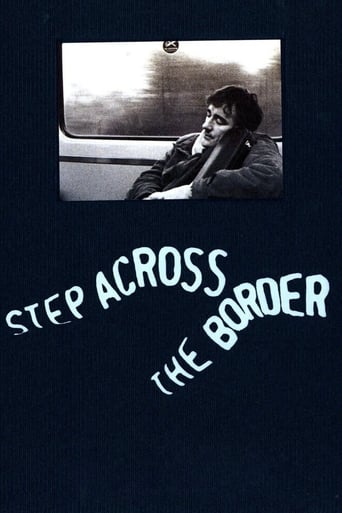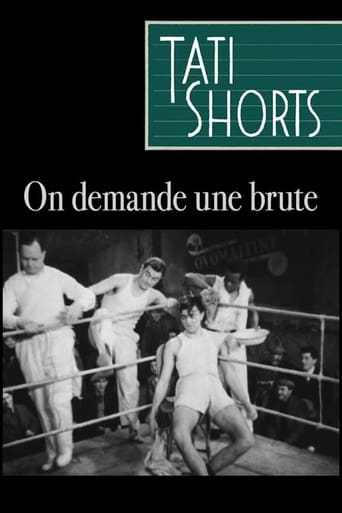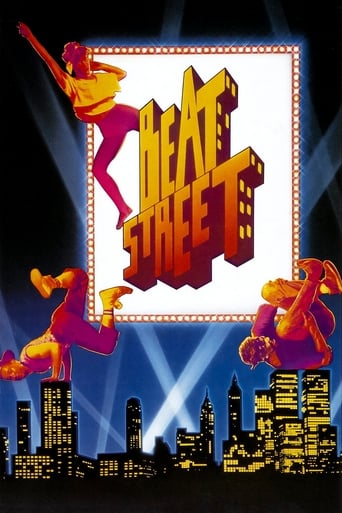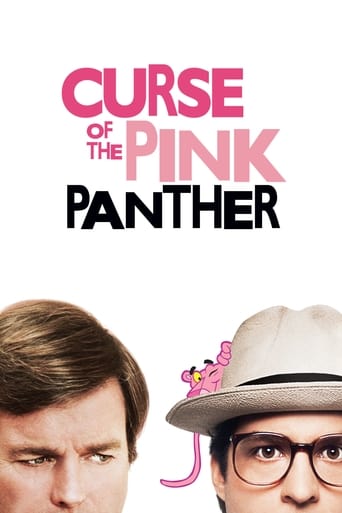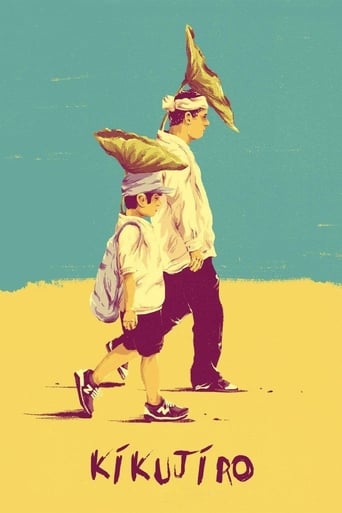


Kikujiro
Brash, loudmouthed and opportunistic, Kikujiro is the unlikely companion for Masao who is determined to see the mother he has never met. The two begin a series of adventures which soon turns out to be a whimsical journey of laughter and tears with a wide array of surprises and unique characters along the way.
-
- Cast:
- Takeshi Kitano , Yusuke Sekiguchi , Kayoko Kishimoto , Yuko Daike , Kazuko Yoshiyuki , Beat Kiyoshi , The Great Gidayû


Similar titles
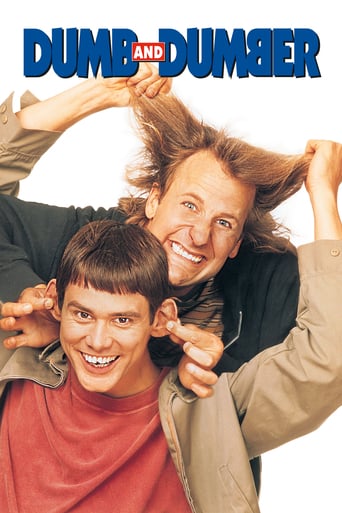
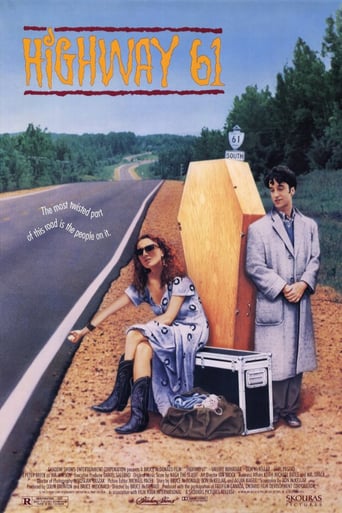
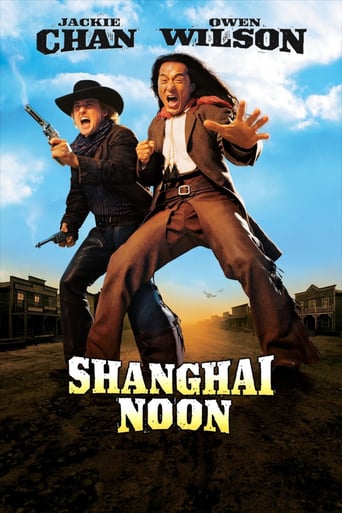
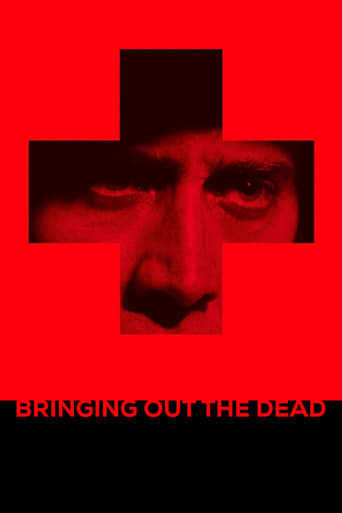
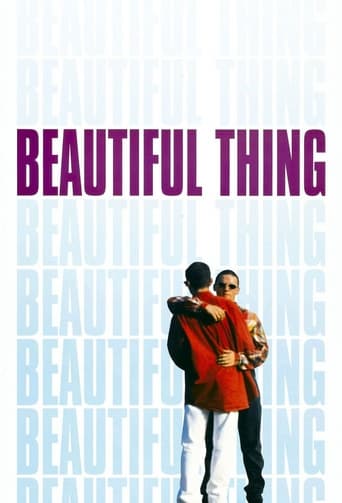

Reviews
Good , But It Is Overrated By Some
The story, direction, characters, and writing/dialogue is akin to taking a tranquilizer shot to the neck, but everything else was so well done.
Blistering performances.
The movie turns out to be a little better than the average. Starting from a romantic formula often seen in the cinema, it ends in the most predictable (and somewhat bland) way.
Viewed on DVD. Cinematography/lighting = five (5) stars; score = five (5) stars. Director Takeshi Kitano's one-man show (he is also the star, script writer, editor, and who knows what else!) is both entertaining and dull with, unfortunately, more of the latter than the former. Kitano's slapstick/ sentimental tale involves two children: one is on summer vacation from grade school; the other is middle age on permanent vacation from being an adult. The Director often strives for humor based on silliness which mostly falls flat. Many scenes are too long due to Kitano's leisurely-paced direction and his fondness for keeping the camera running long after the action has left the frame (as well as sometimes starting the camera before the action moves into the frame). Child actor Yusuke Sekiguchi's mugging is overly done starting with the film's long opening shot. Dream/nightmare sequences meant to punch things up come across, uncomfortably, as simply silly dancing inserts. Inter-scene continuity is problematic, as Kitano the actor produces props and clothing changes out of thin air! Perhaps the most entertaining and amusing scenes involve a series of schemes on a back country road to flag down passing vehicles and snag a free ride (the Director is channeling the classic IT HAPPENED ONE NIGHT (1934)) with the best hitchhiking technique being a purely Japanese one: just ask very politely for a ride! Cinematography/lighting are fine. Street scenes in a residential section of Tokyo not fire bombed during WWII are arguable the best of the exterior shots. Subtitles are okay. Score's major theme is imaginative, but its variations lack creativity and are overly redundant. Enjoyable, but don't expect too much. WILLIAM FLANIGAN, PhD.
–Whats your name any way– –After a smile he says–Kikujiro–The name was not that important till the end. He was with the boy and he was with us with his ridicule persona and big mouthed nature. By the time when he was about to leave, I was about to ask his name. Masao helped me. Takeshi Kitanos 1999 film is about a young boy searching for his estranged mother in his summer vacation. The journey towards his mother would have remain simple and he could have met his settled mother and his life still would have remain sad only if he had gone to meet his mother alone. Kikujiro went with him and shared a wild misadventure together which changed both of their lives. Kikujiro is an aggressive middle aged crook. He had a overruling wife and a sad mother who had been kept on a old people\s shelter. In his sub–conscious, he had kept enough suffering of his life, accumulating it into next level. Thats why he gets angry , put his foul mouthed conversation into anyone, It is just because he doesn't want to be happy and shows the cynical nature, just because he was suffering. In one of the scenes from the film, when he requests Fatso, the biker to help him get to the old house where he sees his mother sitting lonely on the table. He just watches her and fears to go near to her and spend a whole day in silence. This shows how he had lived his life in a suffocation of alienation. How he had utterly desired to be accepted among the civilized Japanese Society. When he was ignored and alienated from that part of good society, he became a rebel in the form of goons. He had idolized the Yakuza because it was the only way of Solace for him. Masao and Kikujiro takes a wild road trip into a Japanese countryside where they meet Angel like strangers, who in real life were outcast and alienated people. They became friends and share a beautiful childish holiday together. They were all outcast in search of whole happiness. The real and civilized people were portrayed as demons and were treated in a cynical and unromantic nature. The unforgettable things about this film are its characters, like the lonely poet, baldy, Fatso and the soothing soundtrack from Joe Hisaishi. A great film worth watching. Two Thumbs Up! I was wondering why it was not considered for Palme D or at Cannes.Nischal Poudyal
Kikujiro no Natsu has gathered public and critical acclaim over the years, so it gives me no pleasure as a Kitano fan to state that the film is a flabby, undisciplined and self-indulgent episode in Kitano's film career. Kitano reverses his usual protagonist traits - the stoic, silent guy gives way to a volatile motor-mouth. The trademark graphic-schlock violence takes place off-screen. The tale is well-worn; the odd couple thrown together set out on a journey that changes both of their lives. Unfortunately, there is no evolution in the relationship to an emotional climax, just a few titters along the way.The child character, Masao, is problematic. His quest is to meet his real mother, whose abandonment of him at an early age is never really explained, to Masao or the audience. At the moment where he sees his mother and her new family, it is not made clear what effect this has had on him. He cries, but does his past, no matter how traumatic, now make sense to him? Kikujiro sets out to distract the boy, and succeeds immediately. There is no progression in the boys recovery from the shock of seeing his mother for the first time - in fact, five minutes later, it is as if the whole episode had never happened. At the end, when Kikujiro says, "Let's look for your mother again," we do not know if the boy is aware of the lie or not. Strangely for this kind of movie, we do not care about the boy. Compare the child protagonists in Stand By Me, Leon, or Sixth Sense. This is not a cultural thing, as evidenced by the sympathetic portrayal of children abandoned by adults in Kore-eda's Nobody Knows or Iwai's Swallowtail Butterfly. In Kikujiro no Natsu, little Masao is more a totem pole for Kitano and his buddies to re-hash their slapstick comedy routines around.The character of Kikujiro does not make sense either. The moment when he realises the parallels between his own life and Masao's is hackneyed in the extreme, a soliloquy to off- camera. His interaction with the boy is superficial, and the interaction of Kitano with the various quirky characters they encounter does not make any sense, either comedic or plot- driven. His visit to his mother in her Retirement Home merely ices the cake too sweetly.The film seems to show more of the other Kitano, Beat the TV personality than Takeshi the filmmaker. The camping sequence with the obsequious bikers could come straight from one of his goofy game shows. The interaction with the farmer/banker at the bus stop is mildly funny if you realise the actor is Kitano's older brother, but just bizarre otherwise. Some excellent cinematography and an outstanding score from Joe Hisaishi are two compensations in this disappointing, ill-advised film.
If it wasn't for the perverted old man and the language, this would probably be a really good children's movie. Who knows, maybe it's intended to be...Anyway, little Masao lives with his grandmother and has never met his parents: his father is dead and his mother ran away. He knows where his mother lives, however, and wants to go visit her over the Summer, so his kindly neighbor conscripts her profligate husband to take him. "Mister", as Masao calls him, doesn't make the ideal companion with his absurd behavior and his verbal abuse, but they go off to adventure anyways and learn to really connect with each other.The power this film has lies mostly in its contemplative approach. It's very humorous and isn't really slow, but the camera does take the time to linger on locales, faces, and characters. For a few odd parts here and there, it's still really innocent and it seems to show that most people are kind-natured at heart, even when they project an aura of toughness and abusiveness. An interesting aside to analyze that theme would be the carnival scene, where people entrusted with family entertainment turn out to be violent cheaters, whereas even the heavy-metal biker folk are more than willing to go out of their way to help Masao.The film itself is from Masao's perspective, as a childhood's slightly photographic memory comes into play, mixed a lot with colorful imagination. The humor is the best part, as it is at times really simple but holds itself up well. There's a lot to enjoy in this film.--PolarisDiB

